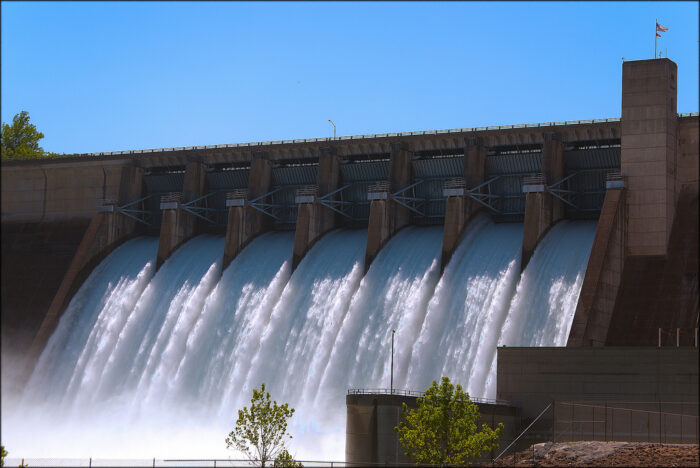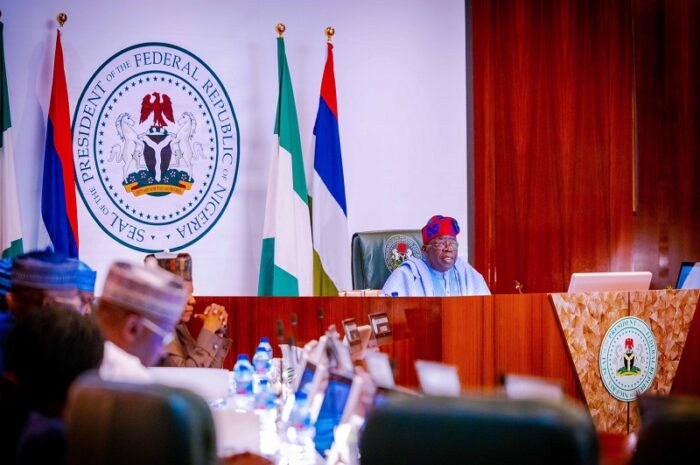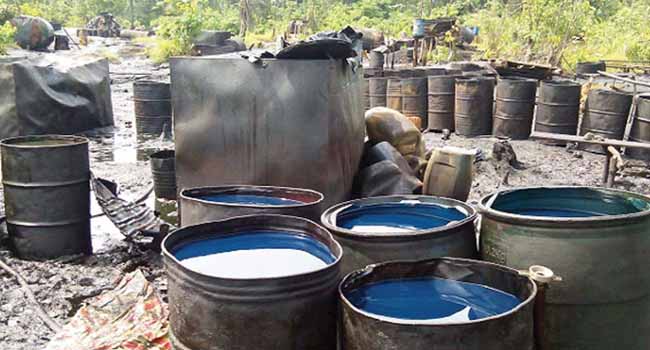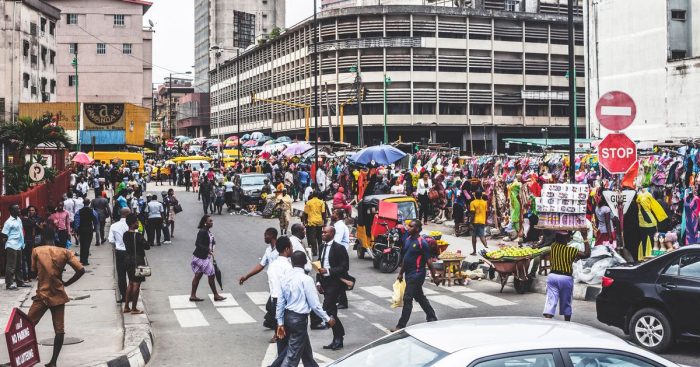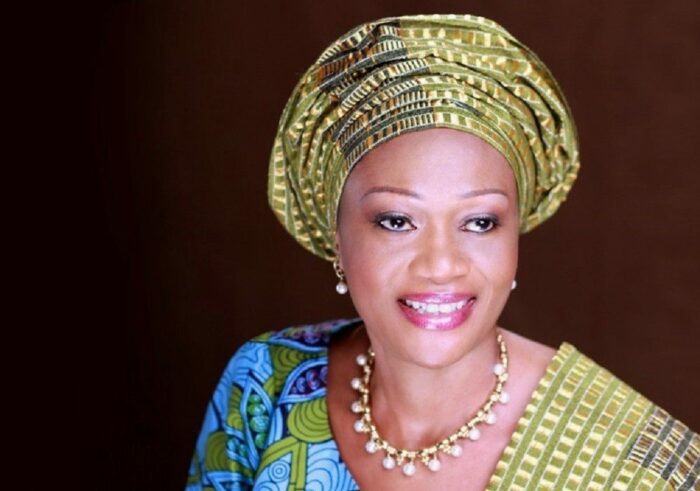On August 2, President Tinubu, in his capacity as the chairman of the Economic Comminunity of West Africa (ECOWAS), announced that Nigeria would cut power supply to Niger. The announcement, among other sanctions, reiterated ECOWAS’ stance against the Abdourahamane Tchiani led coup and military government.
Some hours after the announcement, the Société Nigérienne d’Electricité, a Nigerien power society, confirmed the power cut in a report published by the AFP.
Since Nigeria supplies about 70 percent of Niger’s power supply, the power cut is bound to have severe consequences on the economy of the country.
However, Niger may already be on its path to energy independence with the construction of the Kandadji dam. A World bank projection in 2020 puts the dam’s completion between 2025 and 2026.
FIJ takes a look at what the completion of this dam may mean for Nigeria.
READ ALSO: Can Tinubu-Led ECOWAS Compel Nigeria to Fight Niger If Senate Says No?
SCUFFLE FOR RIVER NIGER
Since its proposal in the 1970s, the construction of the Kandadji has been a subject of diplomatic controversy. Nigeria, especially, has been a major opposition to the project’s execution.
Considering the available facts, Nigeria’s objection to the project is to protect her own energy and economic interests. For context, River Niger flows from south eastern Guinea through Niger into Nigeria, down to the Niger Delta. By implication, building a dam upstream in Niger will reduce river flow to Nigeria and other downstream nations.
READ ALSO: ‘It’s Not About Bazoum’ — Nigeriens Give Reasons for Supporting Junta
A Business Day report in 2009 estimated that Kandadji would reduce river flow to Nigeria by at least 10 percent. An impact assessment study by the Nigerien government in 2008 also documented a 2.8 percent decrease at Yidere-Bode, 2.3 percent at Jebba and 0.6 percent at Lokoja, if the Kandadji was built.
Since River Niger powers Nigeria’s Kainji, Shiroro and Jebba dams, power production in the three dams will be significantly affected. The economic implication of this may be heavy, considering that hydroelectricity accounts for 22 percent of Nigeria’s power production.
This may also force Nigeria to cut power supply to countries like Benin and Togo. It could further affect water availability in downstream nations like Burkina Faso and Cameroon, causing micro-economic sabotage.
However, the introduction of transboundary water resource management parastatals like the Niger Basin Authority (NBA) in 1980 has helped keep the tension at bay. Through the collaborative efforts of the NBA and the Niger-Nigeria Joint Commission (NNJC), the two countries have made mutual compromises overtime.
READ ALSO: FULL TEXT: I Might Send Soldiers to Niger, Tinubu Tells Senate
The nature of these compromises has evolved from sharing to collaboration and conservation. One of such agreements is that Nigeria would supply power to Niger, while it withdraws its plans to execute the Kandadji project
NIGER WILL FINISH KANDADJI AND NIGERIA MAY HAVE NOTHING TO WORRY ABOUT
Despite the existing diplomatic arrangements, Niger started building the Kandadji in 2008. As of 2019, about 12 percent of the dam’s structure had been set up. Recent information, however, suggests that Nigeria’s position on Kandadji may have shifted to favour its construction. Concerned nations have edged towards relocating the dam out of consideration for downstream countries. Also, Niger may have to reduce the scale of the dam, per new concessions.
READ ALSO: Nigerien Protesters Rename President Tinubu
Essentially, Niger was going to build the Kandadji anyway. The power sanctions by Nigeria may, however, increase the pace of the project. If Niamey keeps to recent concessions, the impact of the project may be relatively minimal.
Also, with the Kandadji operational, Nigeria can cease supply to Niger and redistribute power to cater to its own citizens. Therefore, Nigeria may really have nothing to worry about.
Niger may still be obliged to keep to the existing water sharing concessions regardless of who is in power. For one, Kandadji is being financed by institutions like the West African Development Bank and the World Bank. It is also important for Niger to maintain friendly relations with other riparian nations to avoid a sabotage from the upstream.
Subscribe
Be the first to receive special investigative reports and features in your inbox.


